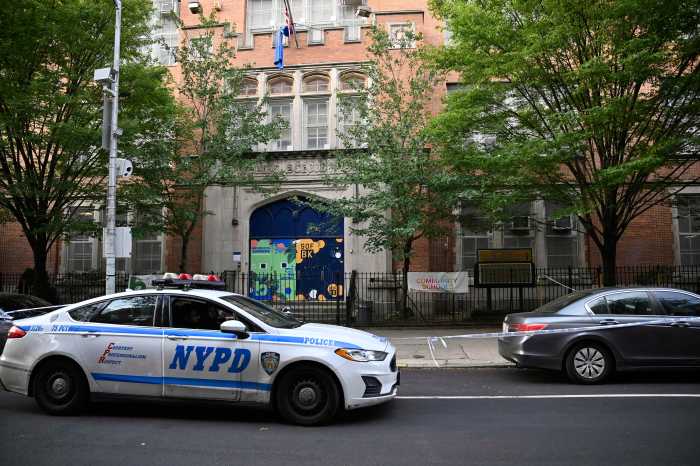By Sadef Ali Kully
The Transportation Security Administration announced it will take take additional steps to address inhouse airport security vulnerability at U.S. airports Monday.
The announcement came after the Aviation Security Advisory Committee conducted a 90-day comprehensive review at the request of Department of Homeland Security Secretary Jeh Johnson in January.
“Their recommendations validate TSA’s risk-based approach to passenger screening and will help strengthen the overall security of our commercial aviation network. I am confident that the potential insider-threat posed by aviation industry employees will be significantly mitigated as a result of these recommendations,” said Johnson.
The review also was asked to determine if additional risk-based security measures, resource reallocations, new investments or policy changes are necessary.
The request came after U.S. Sen. Charles Schumer (D-NY) and Brooklyn District Attorney Ken Thompson urged the DHS secretary to re-evelaute airport security following a gun running scheme at both New York airports by a former Delta Airlines employee who allegedly smuggled 153 weapons, most were purchased in Georgia and headed for Brooklyn, with the help of airline employees on commercial flights. The bust recovered weapons that ranged from AR-15 and AK-47 assault weapons to handguns in December, according to the Brooklyn DA.
“When guns are as easy to carry on board a plane as a neck pillow, then we have a serious problem,” Schumer said. “Today’s announcement by Secretary Johnson is a prompt response and a significant first step to closing the gaping loopholes in airport security, especially with regard to reducing access points and enhancing criminal background checks. More is needed and we will work with DHS and stakeholders to press for further security improvements.”
Immediately following the incident in December 2014, TSA increased the random and unpredictable screening of aviation workers at various airport access points to mitigate potential security vulnerabilities.
ASAC report made recommendations and Johnson has directed the TSA to take the following immediate actions: until TSA establishes a system for “real time recurrent” criminal history background checks for all aviation workers, fingerprint-based background checks every two years for all airport employees; require airport and airline employees traveling as passengers to be screened by TSA prior to travel; require airports to reduce the number of access points to secured areas to an operational minimum; increase aviation employee screening, to include additional randomization screening throughout the workday; re-emphasize and leverage the Department of Homeland Security “If You See Something, Say Something™” initiative to improve situational awareness and encourage detection and reporting of threat activity.
The Aviation Security Advisory Committee was established in 1989 in the wake of the crash of Pan Am 103 over Lockerbie, Scotland. The ASAC provides advice and recommendations for improving aviation security measures to the Administrator of TSA.
Reach Reporter Sadef Ali Kully by e-mail at skull

































